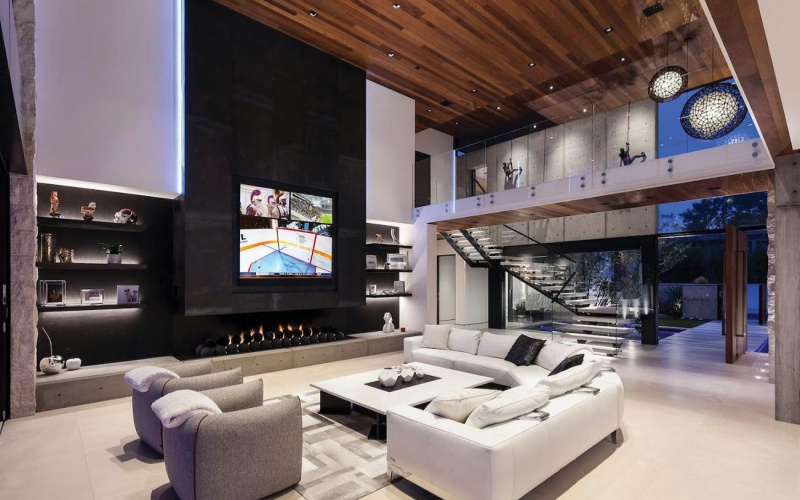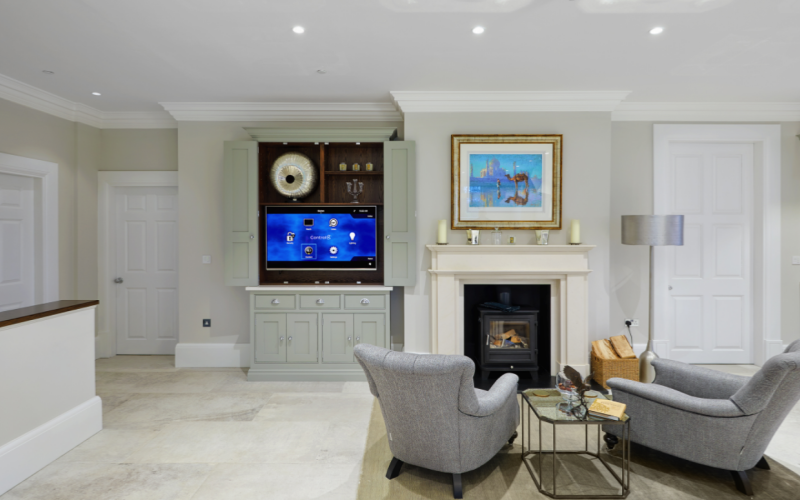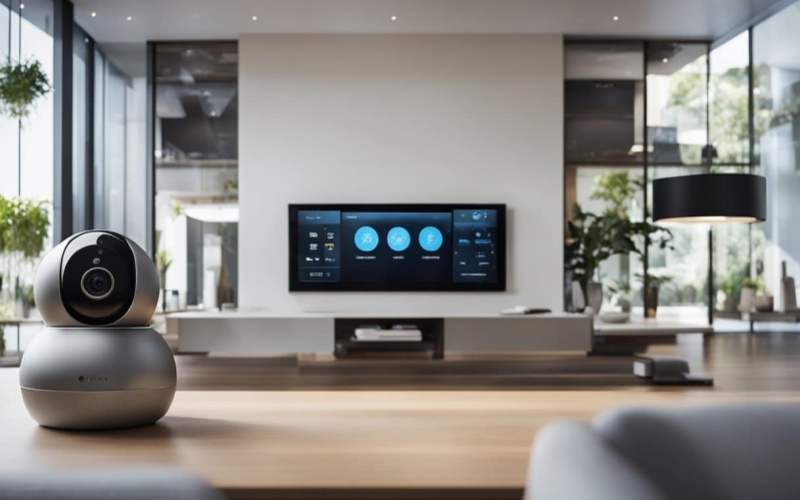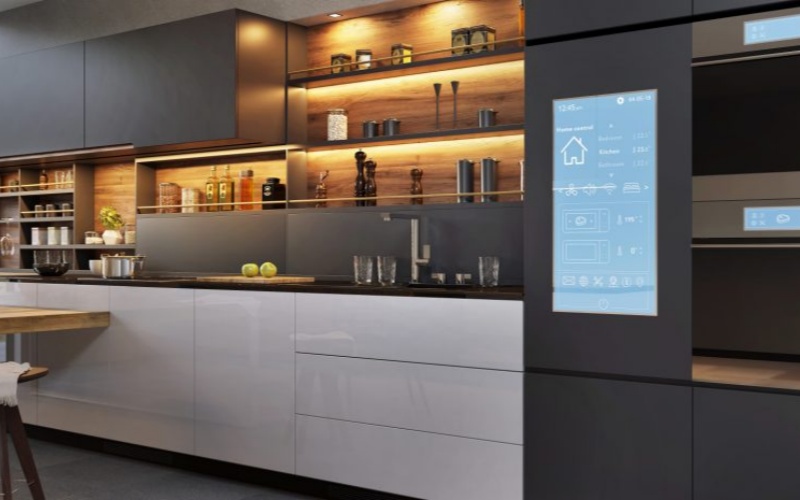A smart home refers to a residential setting equipped with devices and systems that automate tasks typically handled by humans. Some of these tasks include controlling heating and cooling systems, operating electronic devices, managing security systems, and even ordering groceries. The reason why smart homes represent the future lies in their numerous benefits which include convenience, energy efficiency, security, and accessibility.
Convenience is one of the most compelling advantages of smart homes. With the help of automation, daily tasks become significantly easier. For instance, you can program your coffee maker to prepare your morning brew as soon as your alarm goes off, or have your lights turn off automatically when you leave a room. This level of automation streamlines daily routines and saves valuable time.
Energy efficiency is another major benefit of smart homes. Intelligent systems like smart thermostats or energy-efficient lighting can adapt to your habits and adjust accordingly to save energy.

For example, a smart thermostat can learn your schedule and adjust the temperature when you’re not home, saving on heating and cooling costs. Similarly, smart lighting can dim or turn off when not needed, conserving energy.
When it comes to security, smart homes offer advanced features that traditional homes simply cannot match. Smart security systems can monitor your home around the clock, alert you to any unusual activity, and even contact authorities in case of an emergency. Moreover, features like smart locks and video doorbells add an extra layer of security, giving homeowners peace of mind.
Accessibility is a further advantage of smart homes. With voice-command technology, individuals with mobility issues can control various home functions without the need to physically interact with them.

Additionally, remote access allows homeowners to control their home’s functions from anywhere in the world, providing great flexibility.
As we look towards the future, it’s clear that smart homes have a significant role to play. They offer a level of convenience, efficiency, security, and accessibility that’s hard to match with traditional homes. By automating routine tasks, saving energy, enhancing security, and providing unprecedented accessibility, smart homes are revolutionizing the way we live.
The increasing popularity of smart homes signifies a shift in societal norms and expectations towards a more technologically advanced lifestyle. As we continue to innovate and technology continues to evolve, smart homes will become even more integral to our daily lives. This is why smart homes are the future, transforming our living spaces into connected, efficient, and highly personalized environments.




